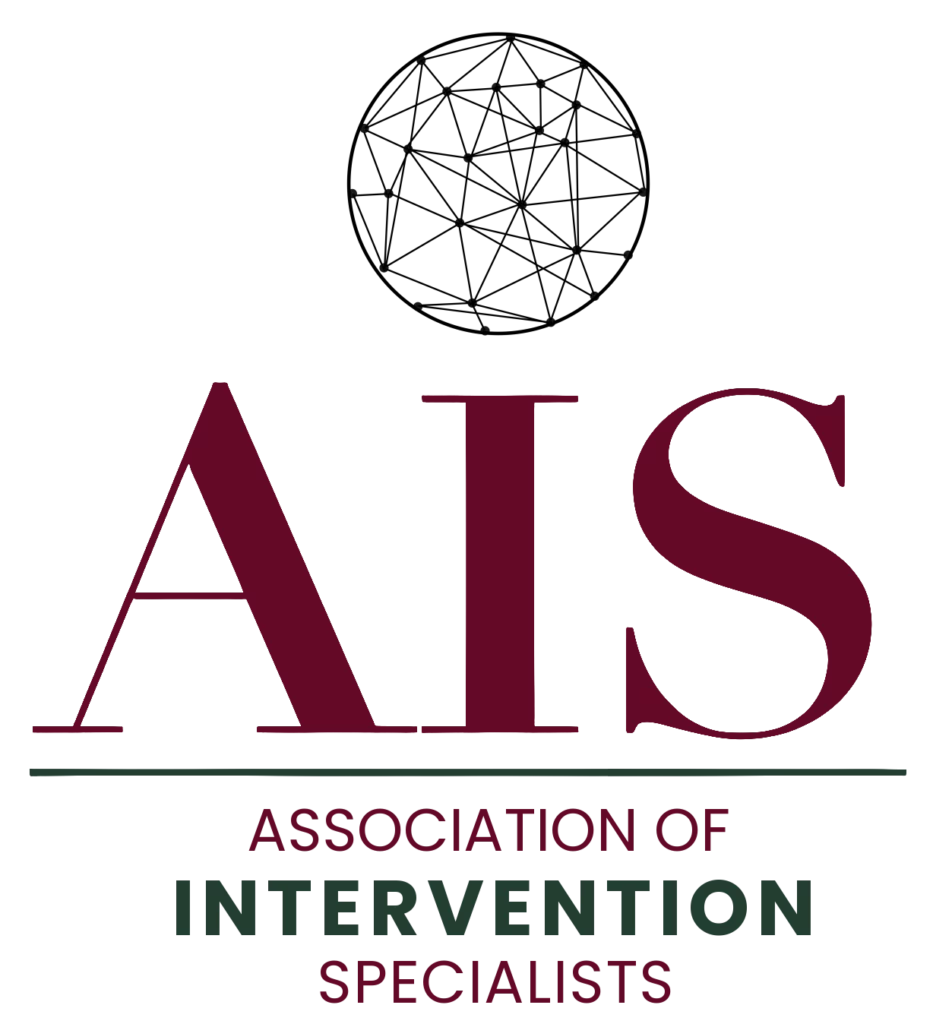Oftentimes, we find that people are unsure about their abilities to overcome addiction because of their perceptions of what addiction really is. These commonly accepted myths can be disheartening – but you can overcome this way of thinking by understanding the truth of recovery.

Substance Abuse Now Referred to as Substance Use Disorder
Although drug and alcohol abuse, substance abuse, alcohol addiction, drug addiction might be common terms for someone seeking help, substance abuse treatment and addiction treatment are facilities people go to engage in the addiction recovery process.
When in an addiction treatment facility the diagnosis for admission will be for a mental health condition or a singular or multiple variation of substance use disorders. If a person has both mental health and a substance use disorder – this is called co-occurring disorders.
Top 5 most common myths about drug abuse and addiction:
Myth 1: Overcoming addiction is a simply a matter of willpower.
Overcoming a drug or alcohol addiction is a simply a matter of willpower. You can stop taking drugs if you really want to.
Prolonged exposure to drugs alters the brain in ways that result in powerful cravings and a compulsion to use. These brain changes make it extremely difficult to quit by sheer force of will.
Myth 2: Addiction is a disease; there’s nothing you can do about it.
Addiction is a disease; there’s nothing you can do about it.
Most experts agree that addiction is a brain disease, but that doesn’t mean a person struggling is a helpless victim. The brain changes associated with addiction can be treated and reversed through therapy, medication, improved physical health, exercise, and other treatments.
Myth 3: Addicts have to hit rock bottom before they can get better.
Addicts have to hit rock bottom before they can get better.
Recovery can begin at any point in the addiction process—and the earlier, the better. The longer drug abuse continues, the stronger the addiction becomes and with it negative connotations, and the harder it is to treat. Don’t wait to seek professional help or intervene until the addict has lost it all.
Myth 4: You can’t force someone into treatment; they have to want help.
You can’t force someone into treatment; they have to want help.
Treatment doesn’t have to be voluntary to be successful. People who are pressured into treatment by their family, employer, or the legal system are just as likely to benefit as those who choose to enter treatment on their own. As they sober up and their thinking clears, many formerly resistant addicts decide they want to change, address risk factors in their life, let go of false claims like not having a problem, and find they enjoy committing to the lifelong process of full recovery.
Myth 5: Treatment didn’t work before, so there’s no point trying again.
Treatment didn’t work before, so there’s no point trying again.
Recovery from drug addiction is a long process that often involves setbacks. Relapse doesn’t mean that treatment has failed or that you’re a lost cause. Rather, it’s a signal to get back on track, visible signs and many factors of relapse allow you the opportunity to reexamine all health issues and look at your treatment options, either by going back to treatment or adjusting the treatment approach.

Expanded Discussion on Common Myths
Expanding upon the foundational understanding of the myths surrounding substance abuse and drug addiction, it’s crucial to look deeper into the complexities and misconceptions that pervade public perception of this often genetic predisposition of alcohol abuse and drug addiction. These myths not only hinder individuals from seeking help but also perpetuate a cycle of stigma and misunderstanding. By addressing these myths with evidence-based insights, we can offer a more supportive environment for recovery.
Myth 6: Prescription drugs are safer than illegal drugs.
Prescription drugs are safer than illegal drugs.
One dangerous misconception is that prescription medications are inherently safer than illicit drugs. The reality is that prescription drugs, especially opioids, benzodiazepines, and stimulants, can be highly addictive and dangerous if misused. Addiction to prescription drugs can be as debilitating as addiction to illegal substances and requires the same level of intervention and treatment.
Myth 7: Addiction only affects certain types of people.
Addiction only affects certain types of people.
Addiction does not discriminate. It can affect individuals of any age, gender, socioeconomic status, or cultural background. The stereotype of an addict as someone who lives on the margins of society is harmful and inaccurate. Many people with substance use disorders lead otherwise normal lives, and their chronic illnesses that include drug and alcohol abuse might not be immediately apparent to others.
Myth 8: Using drugs is a choice, so addicts deserve their fate.
Substance abuse is a choice, so addicts deserve their fate.
While the initial decision to use drugs may be voluntary, continued drug use can lead to changes in the brain that challenge an individual’s self-control and interfere with their ability to resist intense urges to take drugs. This biological reality makes addiction a much more complex issue than a simple series of bad choices.
According to the the National Institute on Alcohol Abuse and Alcoholism:
…making alcohol one of the leading preventable causes of death in the United States, behind tobacco, poor diet and physical inactivity, and illegal drugs.
Myth 9: Detox is enough to overcome addiction.
Detox is enough to overcome addiction.
Detoxification is only the first step in the addiction treatment process and by itself does little to change long-term drug use. Comprehensive treatment involves much more than just cleansing the body of substances. It requires addressing the psychological, social factors, and behavioral issues surrounding drinking and using through therapy, support groups, and sometimes medication.
Medication-assisted Treatment (MAT) for Opioid Addiction
Medication-assisted treatment (MAT) for opioid addiction represents a critical and evidence-based approach employed within many treatment centers to facilitate the detoxification process and support long-term recovery. MAT involves the use of FDA-approved medications, such as methadone, buprenorphine, and naltrexone, to alleviate withdrawal symptoms, reduce and manage cravings, and normalize brain chemistry altered by addiction.
During detoxification, these medications are effectively managed and administered under strict medical supervision to safely manage the acute physical symptoms of withdrawal, making it a crucial first step in the treatment process. By mitigating these symptoms, MAT enables individuals to focus on the recovery journey without the immediate physical distress often associated with opioid withdrawal.
Beyond detoxification, MAT continues to play a vital role in the comprehensive treatment plan, supporting patients as they engage in counseling, behavioral therapies, and other recovery-oriented activities. This integrated approach enhances the likelihood of sustained recovery by addressing the biological, psychological, and social aspects of addiction, underscoring the importance of MAT in the fight against opioid addiction.
Myth 10: A person can only become addicted to one substance at a time.
A person can only become addicted to one substance at a time. This is one of the biggest misconceptions.
Polydrug use, the simultaneous use of multiple , is common among individuals struggling with addiction. This can complicate treatment and recovery because different drugs can cause varying effects on the brain and body. Treatment must address all aspects of an individual’s drug use.

The Importance of Understanding and Addressing Myths about Drug Addiction
Understanding these myths is crucial for several reasons:
Encourages Empathy and Support:
Dispelling myths creates a more compassionate and supportive approach to addiction. Recognizing addiction as a complex disease helps reduce stigma and encourages friends and family members to provide meaningful support.
Promotes Early Intervention:
By debunking the myth that one must hit rock bottom to seek help, individuals are encouraged to seek treatment early, potentially averting more severe consequences of prolonged drug use.
Supports Comprehensive Treatment Approaches:
Understanding that addiction involves multiple facets of a person’s life underscores the importance of comprehensive treatment plans that include behavioral therapy, support groups, and in some cases, medication.
Facilitates Ongoing Recovery Efforts:
Recognizing that recovery is a long-term process and that relapse does not signify failure enables individuals and their support networks to commit to sustained recovery efforts, including re-engagement in treatment when necessary.
Encourages Informed Policy and Practice:
Truly facing myths head on with the truth can lead to more informed public policies and treatment practices that effectively address the complex nature of addiction, rather than perpetuating cycles of punishment and stigma.
Conclusion
The myths surrounding drug abuse and addiction are deeply ingrained in our society, but they can be challenged and overturned with informed understanding and compassionate action. As we dispel these myths, we pave the way for more effective, empathetic approaches to treatment and recovery. It’s essential for society to recognize the truths about addiction — that it is a complex but treatable disease requiring a multifaceted approach. By doing so, we not only improve the lives of those affected by addiction but also contribute to a more understanding and supportive community.
Author: Dr. Jerry Law, D.Min., MDAAC, BRI-II, CIP

